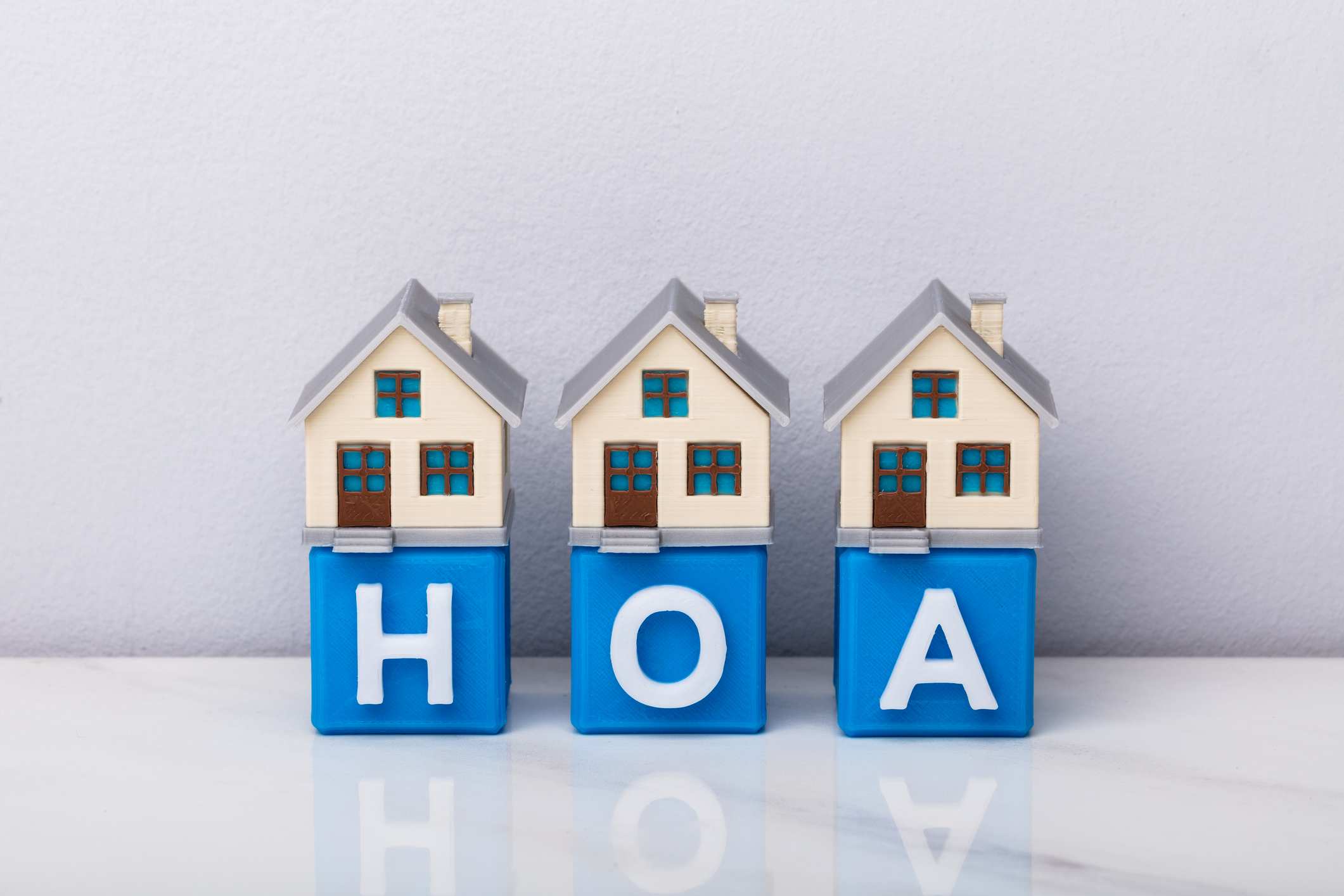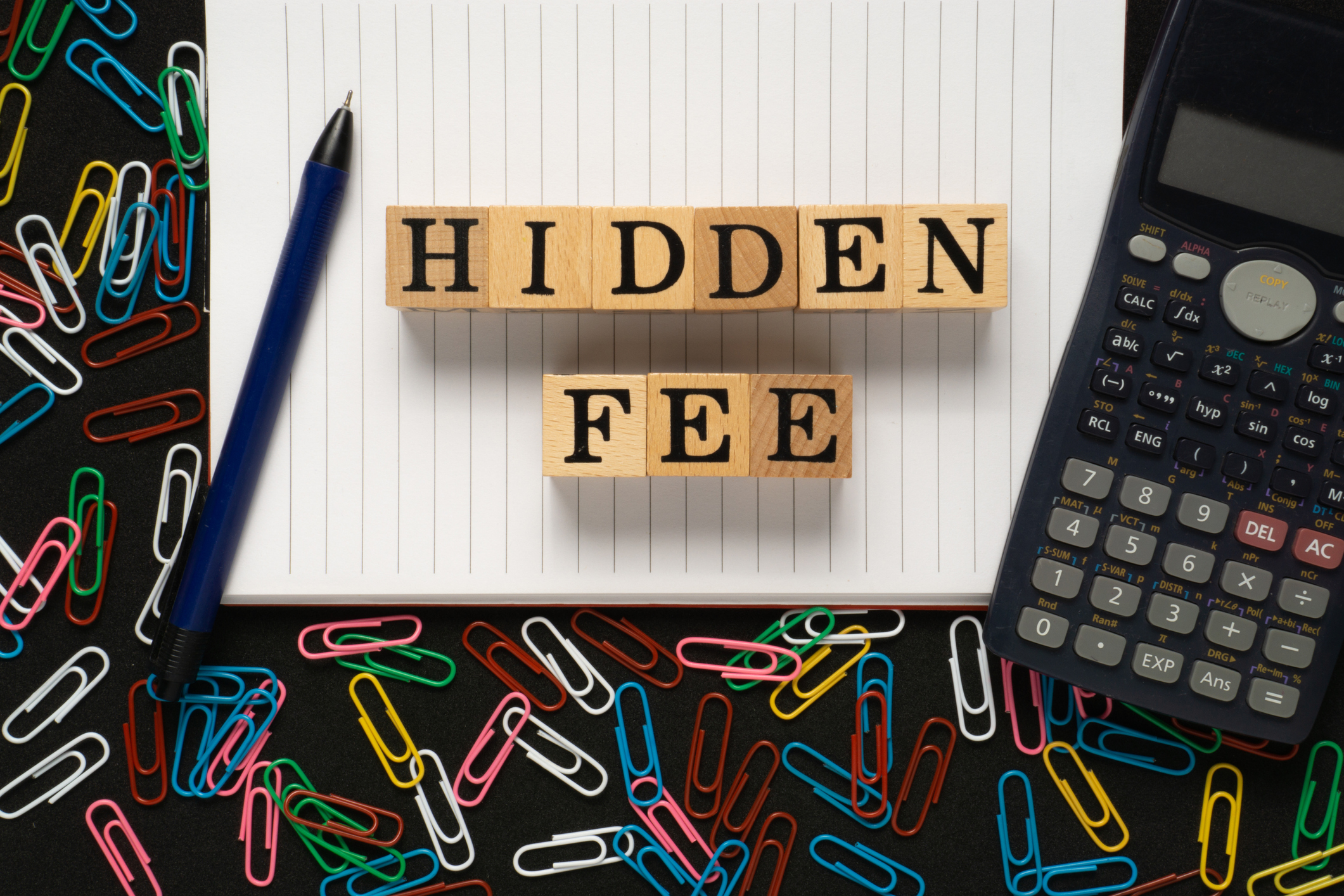In many states, there are particular protections for homeowners, which might include tax exemptions or protections during bankruptcy or after the death of a spouse. Although they vary widely from state to state, these protections, known as homestead exemptions, can help a homeowner when things get rough.

Understanding homestead exemptions
A homestead exemption is a legal provision offered at the federal and state levels. It can bring a range of protections to homeowners, including a reduction in tax liability. A homestead exemption can also block the forced sale of your home if you're in a tough place, especially following the death of a spouse or if you're disabled.
Protections vary dramatically from state to state. Some states, like New Jersey, have no homestead exemption at all. In these cases, a federal homestead exemption can apply to homeowners. But in general, state exemptions tend to be more generous. It's important to note that homestead exemptions only apply to a person's primary residence and not any additional properties they may own, even if one is a part-time residence.
How does a homestead exemption help homeowners?
Older or disabled homeowners are often caught in a problematic place as their homes gain value over time through appreciation, but their incomes can't keep up with the taxes assessed. In these cases, homeowners are at risk of losing their homes due to unpaid taxes. Because these homeowners are simply victims of a rising real estate market, a homestead exemption offers a way to help them stay in their homes.
Homestead exemptions can lower taxes by a specific amount, or they may instead reduce a home's tax value, decreasing taxes by a percentage. They also often shield homeowners from having their homes sold to satisfy unsecured debt in the case of bankruptcy or the death of a spouse. Homestead exemptions cannot protect homeowners from foreclosure, though.
How to qualify for a homestead exemption
The qualifications for a homestead exemption vary by state. Some states automatically allow them for every homeowner. In other cases, they are limited to those who are older, disabled, lower income, or veterans.
In states where not everyone is automatically granted a homestead exemption, an application process is generally available online through the county assessor's website. You'll need to be aware of the deadline for applications each year, as homestead exemptions usually require you to reapply from year to year.
Related topics
Examples of homestead exemptions at work
Homestead exemptions work in several ways, but here are a couple of the most common examples:
Example: The homeowner has filed for bankruptcy due to medical debt and qualifies for a homestead exemption. Because their equity in their home is within the state equity limits, they're allowed to keep their home rather than being forced to sell it to satisfy creditors.
Example: A home is valued at $250,000 by the local tax authority. Because the state offers a $50,000 homestead tax exemption, the home's actual tax amount is based on a $200,000 valuation -- in other words, the value minus the $50,000 exemption. Tax exemptions can be either for a fixed amount or a percentage, but fixed exemptions tend to help people with more modest homes.


















